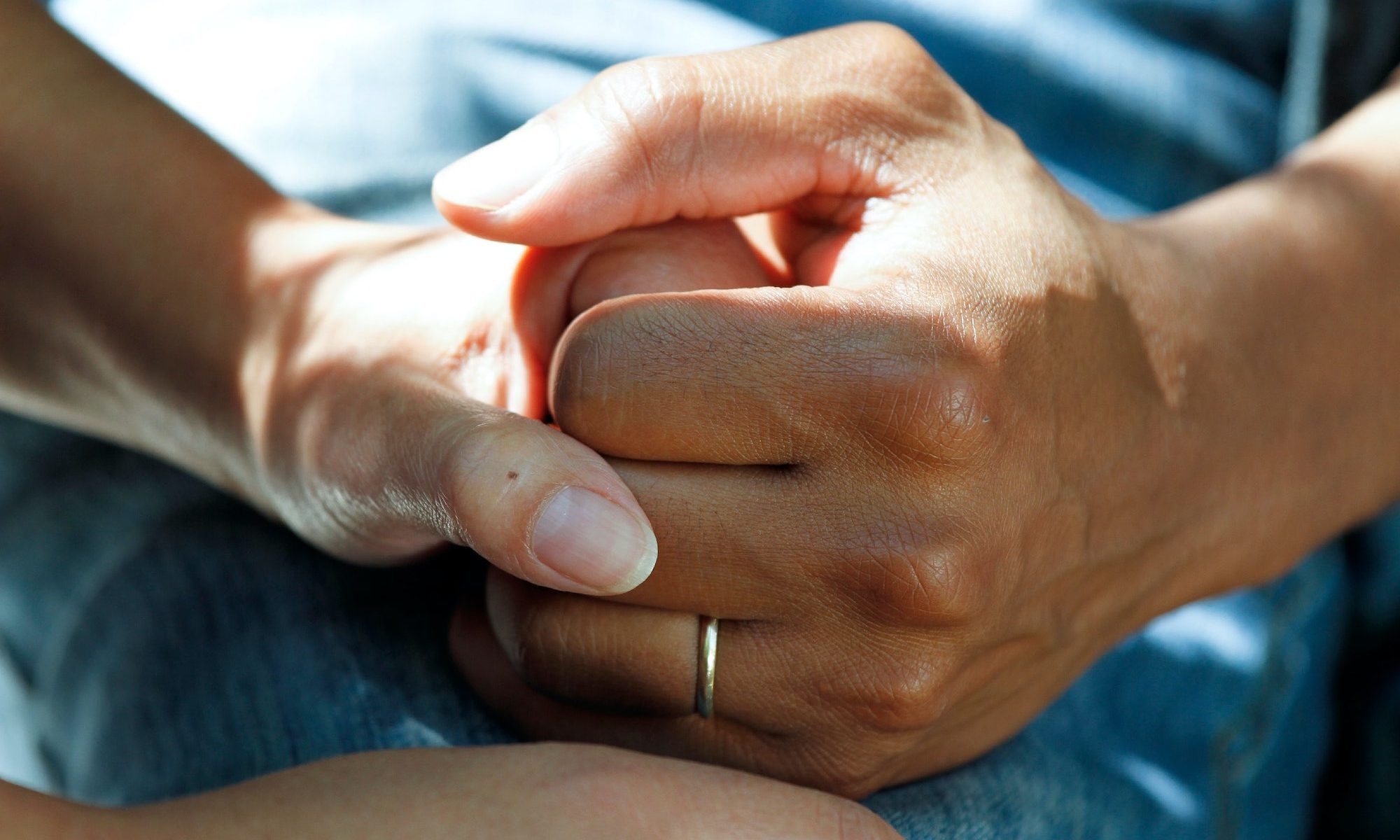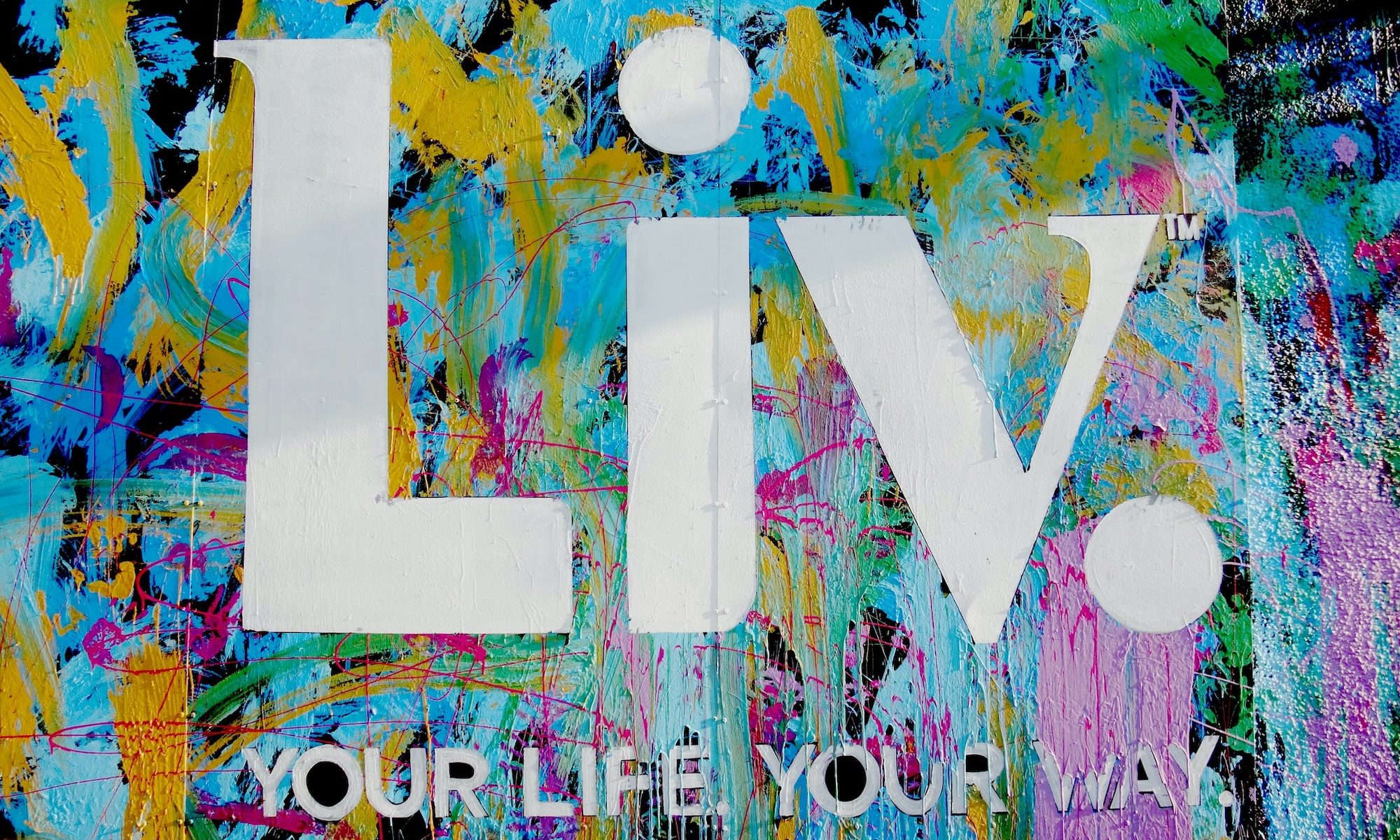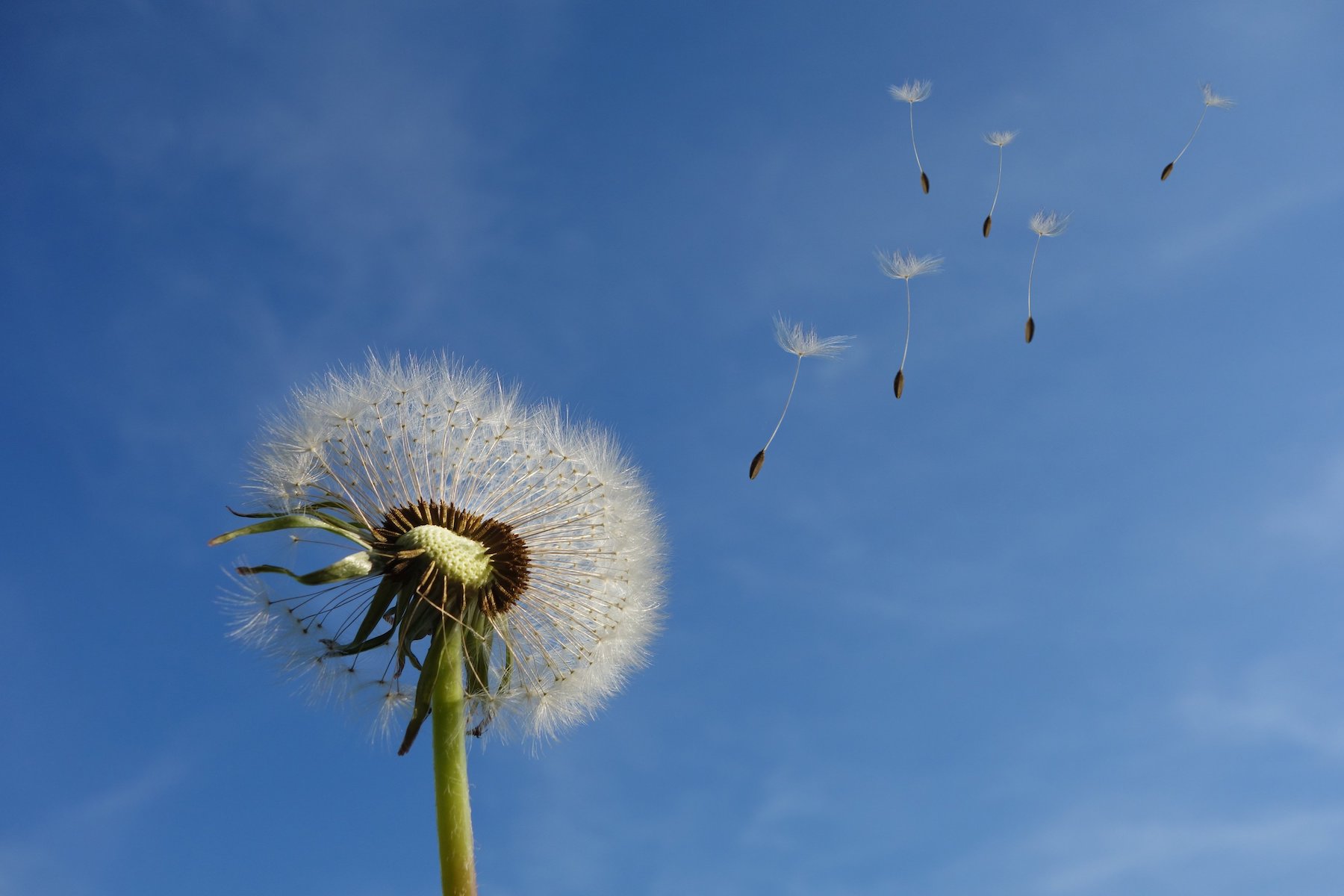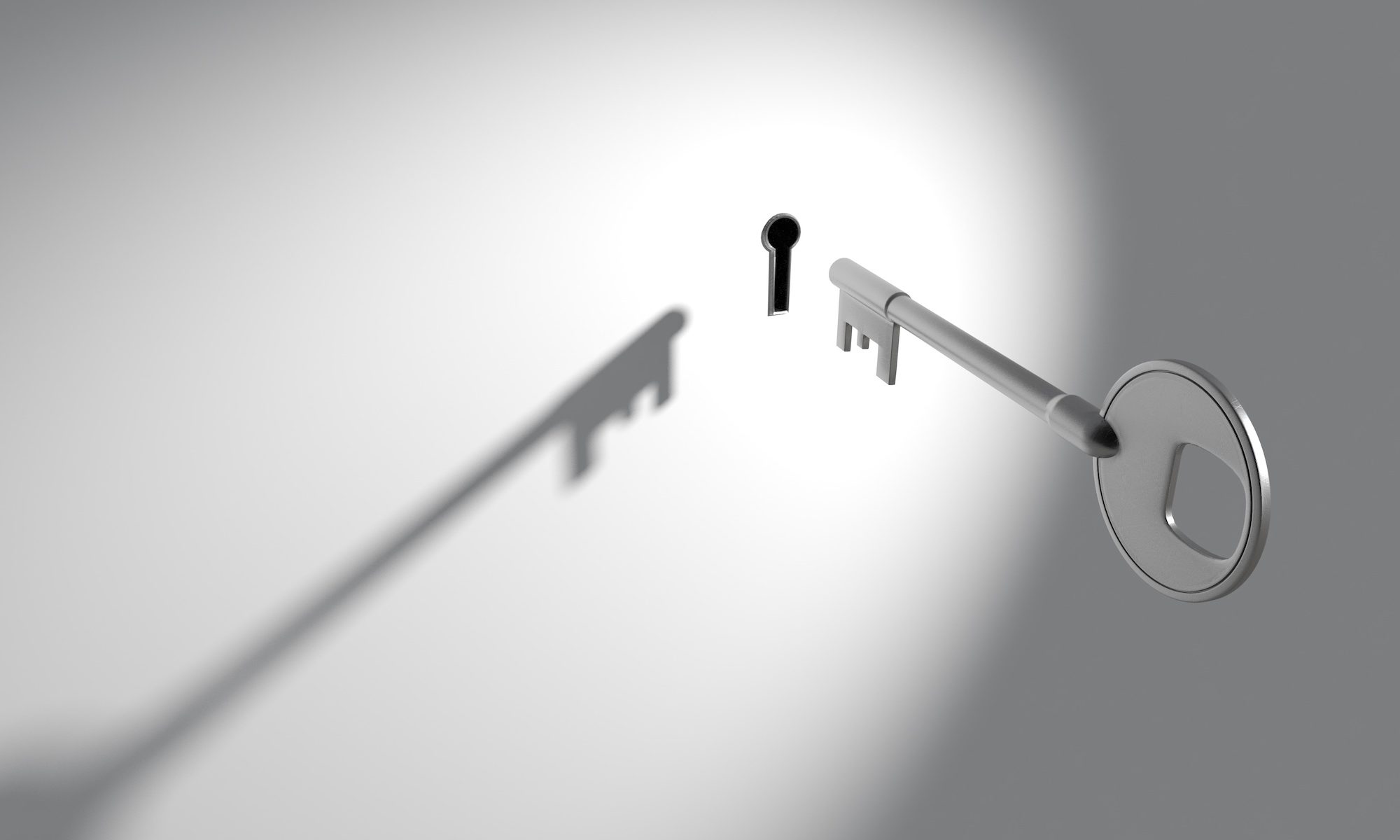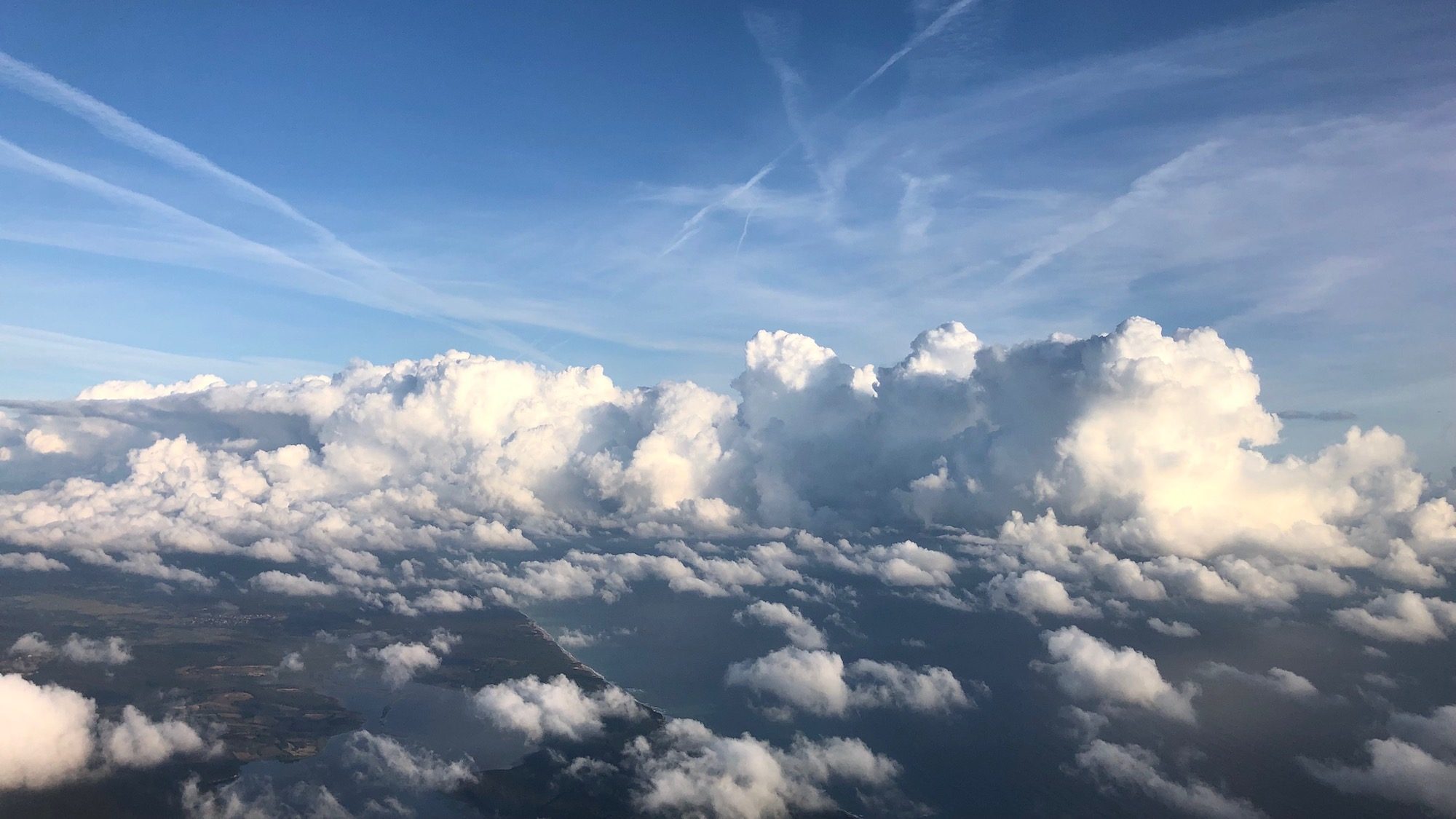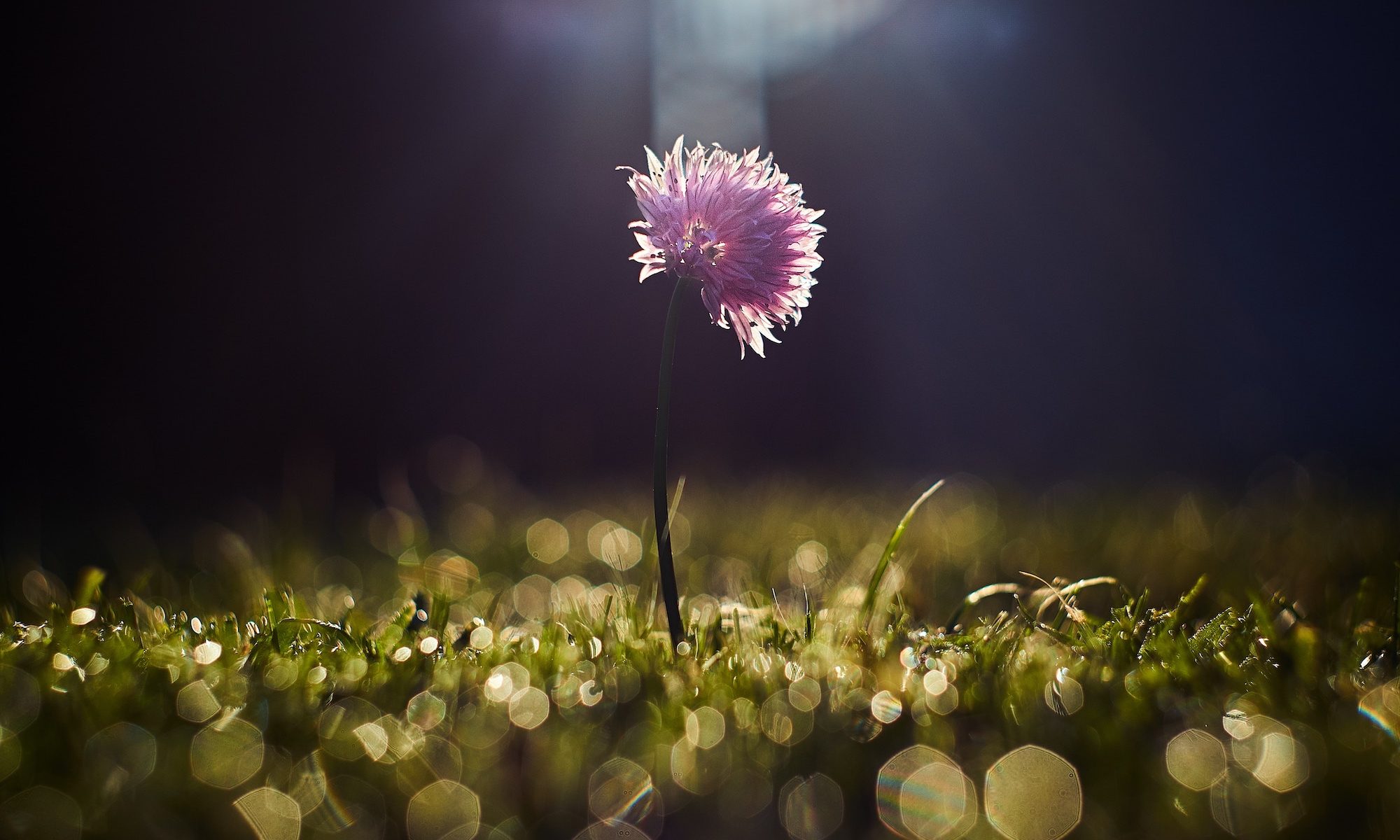I’ve been dealing for years with this issue of people not knowing how to talk to me once they find out I’m a bereaved mom. Given it’s been over fifteen years now, it’s getting a bit monotonous. And I know I’m not alone in feeling this way. There are plenty of other bereaved parents who struggle with the same reactions I get once people find out I’ve lost a child. In fact, I’m certain many bereaved people routinely experience the discomfort of those with whom they have shared their loss, no matter who has died. People in general, just don’t know how to talk to the bereaved.
While it’s rare for me to talk about my daughter with just anyone, it isn’t because I don’t want to. It’s because I learned early in my bereavement that I had to take extreme care in choosing who to share my loss with simply because of the overwhelmingly reactions I got when people found out I’d lost a child. (Usually this was in response to them asking me how many children I had). All of them wanted to know how she had died, which only made their discomfort even worse because it was a suicide.
Continue reading “TEN TIPS: HOW TO TALK TO THE BEREAVED”
